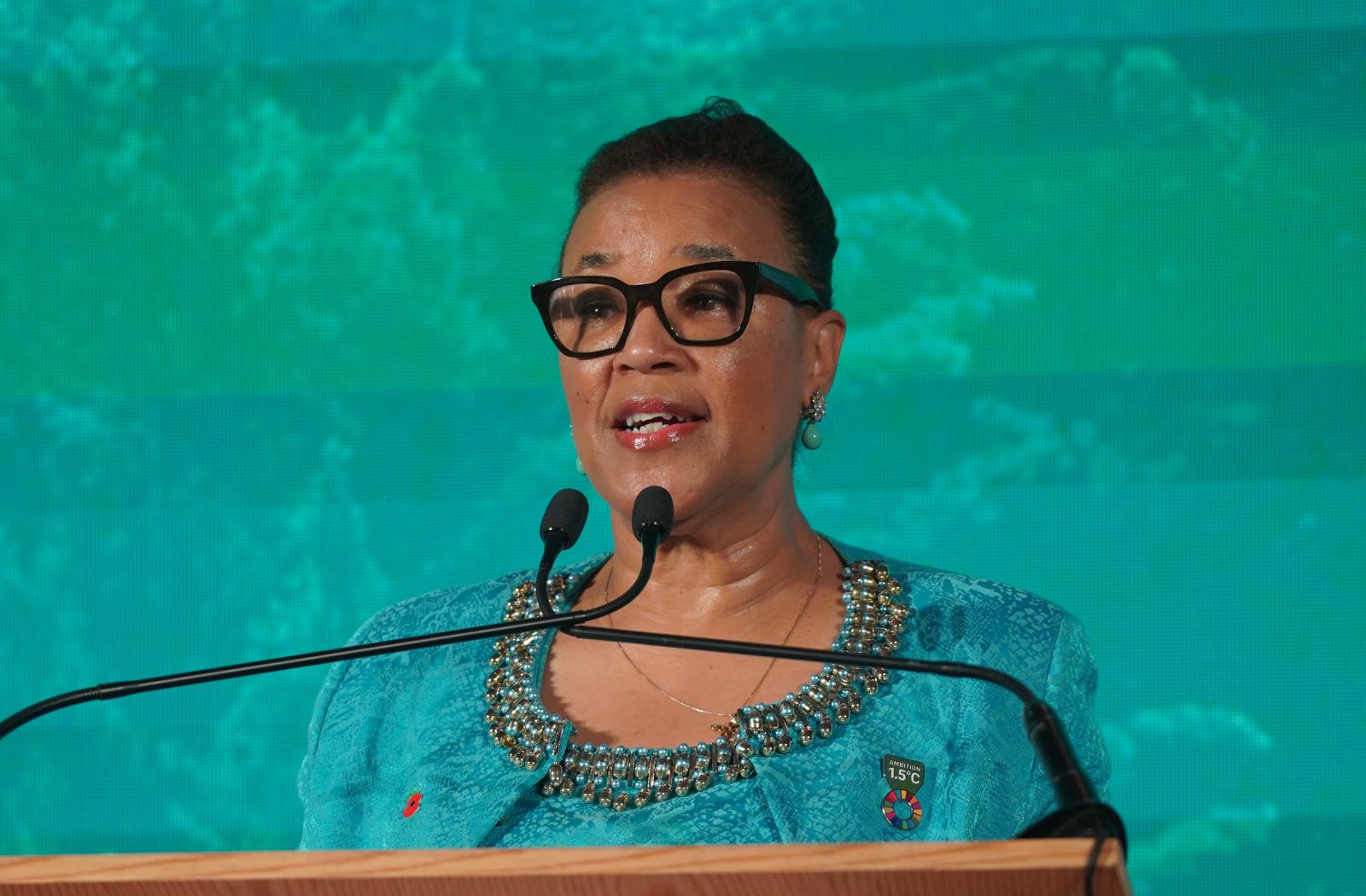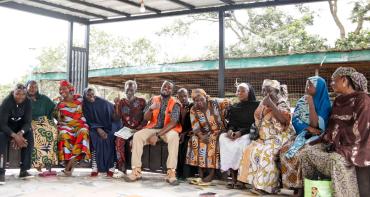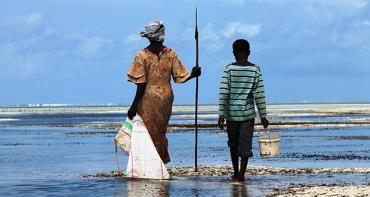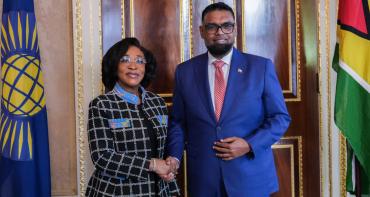The Commonwealth Secretary-General, the Rt Hon Patricia Scotland KC, has urged countries to take decisive action towards closing the funding gap to protect the Earth’s precious natural environment, as leaders gather in Montréal, Canada for the United Nations Biodiversity Conference COP15.

The Fifteenth Meeting of the Conference of the Parties to the Convention on Biological Diversity (COP15), taking place from 7-19 December, brings together nearly 200 signatory countries with the aim of setting a global roadmap for the conservation and sustainable management of biodiversity and natural ecosystems for the next decade.
A Post-2020 Global Biodiversity Framework, expected to be adopted at summit, will outline urgent policy actions at the national, regional and global level to help stabilise trends that have exacerbated biodiversity loss by 2030. This would allow for the recovery of natural ecosystems, with net improvements by 2050.
Global biodiversity framework
In a statement circulated at the conference, the Secretary-General called for adequate financing to deliver the roadmap, stating:
“We need an ambitious, science-based and measurable global biodiversity framework for our future generations, if we are to respond to the multiple exogenous shocks which our world now faces.
“We must also fund it. The gap for funding for biodiversity is estimated at US$700 billion per year for nature and with a target of US$200 billion in the draft framework.
“As the Commonwealth, we know this can be done if we all choose to work together. It will take all of us: governments, multilateral funding mechanisms, private sector and philanthropy, if we are to put money where it matters most – nature conservation.”
In June, Commonwealth Heads of Government met in Kigali, Rwanda, and highlighted that financial support to halt and reverse biodiversity loss on land and in the ocean remains insufficient.
In their final communiqué, they noted the need to mobilise additional funding for an integrated and inclusive approach to financing action on the ocean, climate change, and nature, and called for further investments from the philanthropic and private sector.
Living Lands Charter
Commonwealth leaders also adopted the Commonwealth Living Lands Charter to coordinate action on the three Rio Conventions on climate change, biodiversity loss and land degradation. This complements the work undertaken under the Commonwealth Blue Charter on ocean action, which was adopted in 2018.
The Secretary-General added:
“This is the time for decision, not division. A time to unite in making the right choice for this moment in history [and] the right compromises, if we must. Make no mistake - we will be judged, and we should be judged, for the decisions we make today.”
The Commonwealth represents a third of humanity, with a 2.5 billion combined population, 60 percent of whom are under the age of 30. Its 56 member countries covers more than 11 million km2 of arable land, 8.8 million km2 of forest land and nearly one third of all ocean under national jurisdiction. In addition, the Commonwealth includes 29 percent of the megadiverse countries of the world.
Media contact
- Josephine Latu-Sanft Senior Communications Officer, Communications Division, Commonwealth Secretariat
- +44 20 7747 6476 | E-mail



